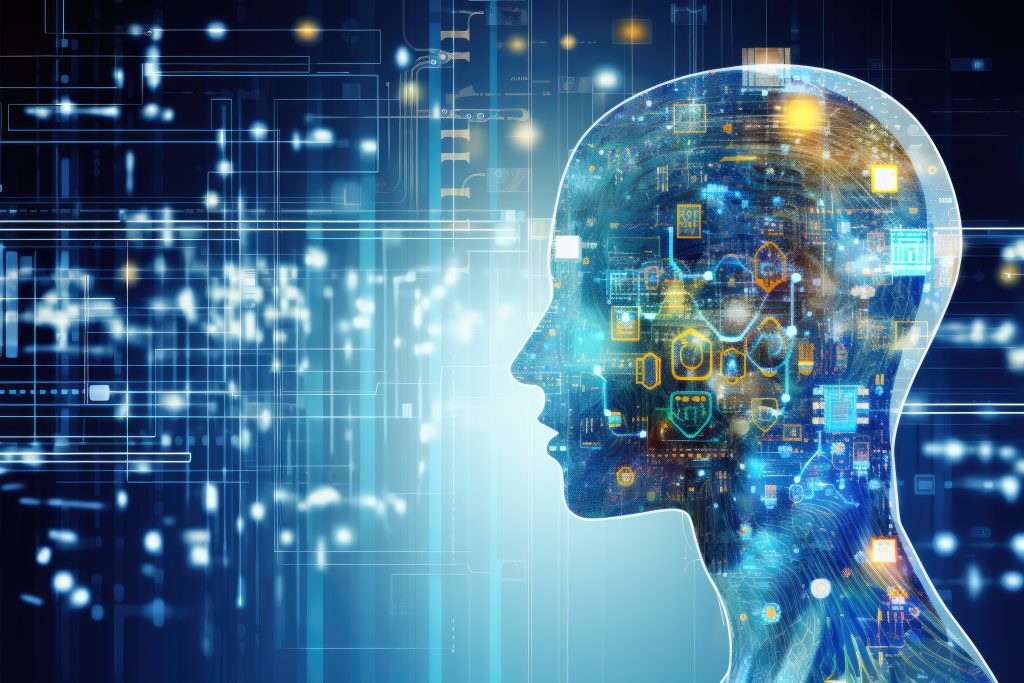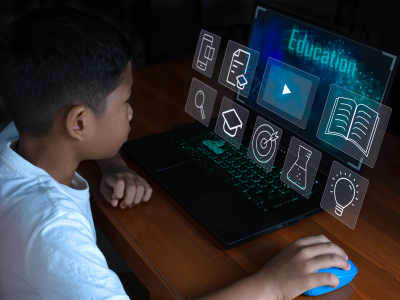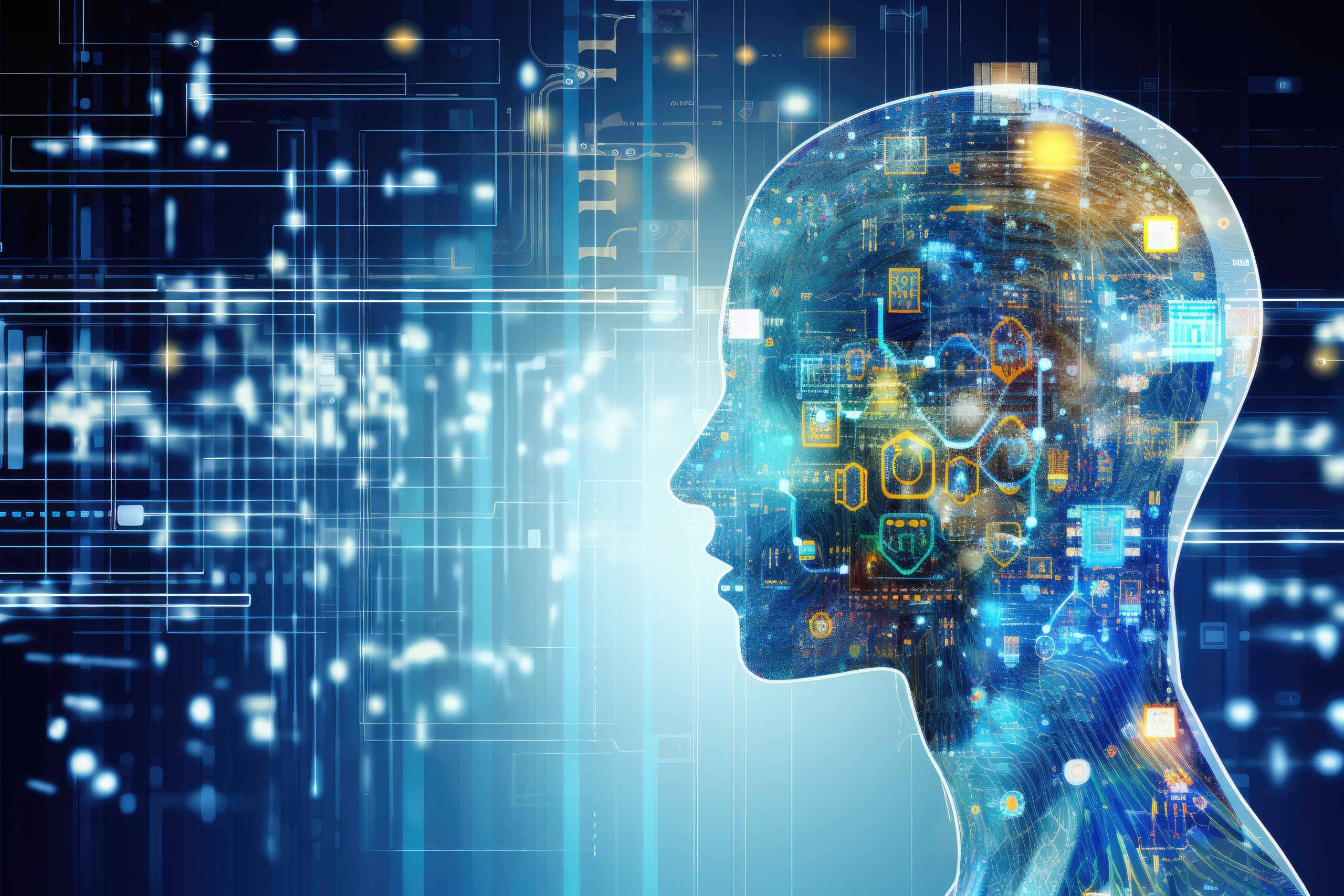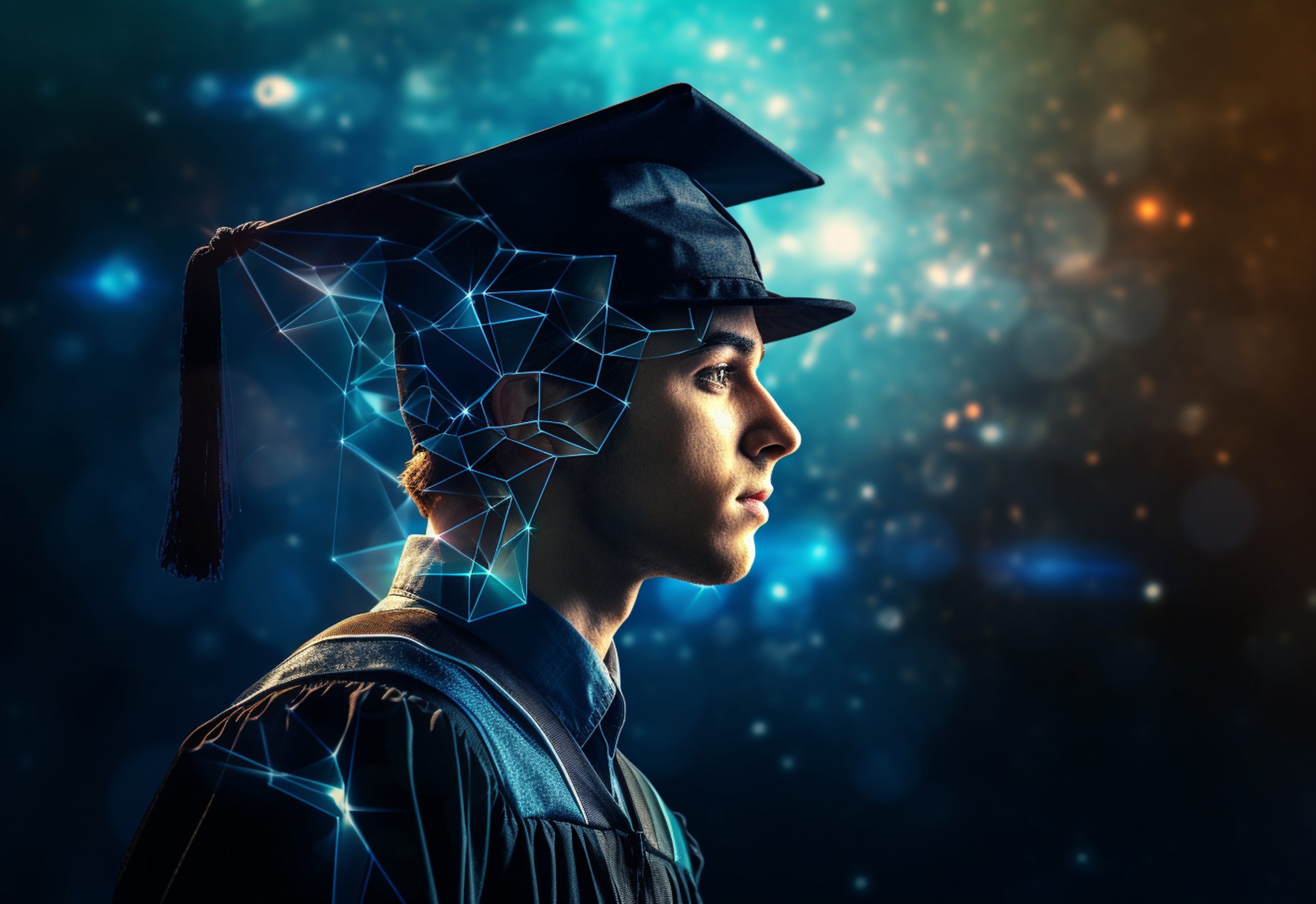In today’s fast-paced world, personalized learning is becoming increasingly important. Each student has unique learning needs, and a one-size-fits-all approach to education can hinder their progress. Artificial intelligence (AI) offers a solution by enabling personalized learning experiences tailored to each student’s strengths and weaknesses. This blog post delves into how AI can be harnessed to create personalized learning environments, the benefits it brings, and real-world examples of AI-driven personalized learning platforms.
What is Personalized Learning?
Personalized learning is an educational approach that aims to customize learning experiences to meet the individual needs, preferences, and interests of each student. This approach contrasts with traditional teaching methods, where the same material is delivered to all students in the same way. Personalized learning allows students to learn at their own pace, in their own style, and on their own terms.
How AI Enables Personalized Learning
1. Data-Driven Insights AI can analyze vast amounts of data on each student’s learning habits, performance, and preferences. By processing this data, AI algorithms can identify patterns and provide insights into each student’s strengths and areas for improvement. These insights enable educators to tailor their teaching methods and materials to better suit individual students.
2. Adaptive Learning Technologies Adaptive learning technologies use AI to adjust the difficulty level and content of lessons based on a student’s progress. These systems continuously assess a student’s performance and modify the learning path accordingly. This ensures that students receive the right level of challenge and support at every step of their learning journey.
3. Intelligent Tutoring Systems AI-powered intelligent tutoring systems provide personalized tutoring and feedback to students. These systems use AI to understand a student’s needs and offer targeted assistance. They can also track a student’s progress and adjust the tutoring strategy to ensure continuous improvement.
Benefits of AI-Driven Personalized Learning
1. Improved Learning Outcomes Personalized learning experiences can lead to better understanding and retention of knowledge. When students receive customized support and challenges, they are more likely to stay engaged and motivated, resulting in improved learning outcomes.
2. Increased Student Engagement AI-driven personalized learning can make education more engaging for students. By providing content that aligns with their interests and learning styles, AI can help students stay motivated and enthusiastic about their studies.
3. Enhanced Efficiency for Educators AI can automate many administrative and grading tasks, allowing educators to focus more on personalized instruction. This increased efficiency enables teachers to spend more time working directly with students, providing the support and guidance they need.
Real-World Examples of AI-Driven Personalized Learning
1. DreamBox Learning DreamBox Learning is an adaptive math platform that uses AI to provide personalized math instruction for K-8 students. The platform continuously assesses a student’s performance and adapts the curriculum to meet their needs. By providing real-time feedback and tailored lessons, DreamBox helps students build a strong foundation in math.
2. Knewton Knewton is an adaptive learning technology company that offers personalized learning solutions for various subjects. Knewton’s AI-powered platform analyzes student data to create customized learning paths, ensuring that each student receives the right level of challenge and support.
3. Carnegie Learning Carnegie Learning’s MATHia is an AI-powered tutoring system that provides personalized math instruction. MATHia uses AI to identify areas where students struggle and offers targeted support to help them overcome challenges. The system tracks progress and adapts the tutoring strategy to ensure continuous improvement.
Ethical Considerations in AI-Driven Personalized Learning
1. Data Privacy and Security The use of AI in personalized learning involves collecting and analyzing student data. Ensuring the privacy and security of this data is crucial. Educational institutions must implement robust data protection measures to safeguard student information.
2. Avoiding Bias in AI Algorithms AI algorithms can sometimes exhibit biases, leading to unfair treatment of certain students. It is essential to develop and implement AI systems that are fair and unbiased, ensuring equal opportunities for all students.
3. Balancing Technology and Human Interaction While AI can enhance personalized learning, it is important to maintain a balance between technology and human interaction. Educators play a vital role in providing emotional support, motivation, and mentorship, which AI cannot replicate.
Conclusion
AI has the potential to transform education by enabling personalized learning experiences that cater to each student’s unique needs. By harnessing the power of AI, educators can improve learning outcomes, increase student engagement, and enhance efficiency. However, it is essential to address the ethical considerations associated with AI to ensure its responsible and fair use. As AI continues to evolve, its role in personalized learning will undoubtedly expand, paving the way for a more customized and effective educational system.




